Vicodin is a brand name of hydrocodone, an opioid used to provide cough suppression and relief for people living with chronic pain. Vicodin also contains acetaminophen. The Drug Enforcement Administration (DEA) lists hydrocodone as the second most common street drug and the most prescribed opioid for pain relief. In addition, the Centers for Disease Control and Prevention (CDC) reported: “prescription opioids were involved in over 28% of all opioid overdose deaths in 2019.” Fortunately, despite the continued prevalence of Vicodin, prescriptions have declined steadily over the past several years.
Medical professionals only prescribe hydrocodone for individuals who experience extreme pain 24/7, and other medications have had no effect. Even though use has declined, hydrocodone remains significantly overprescribed in the United States. According to information provided by the National Library of Medicine, “Americans, constituting only 4.6% of the world’s population, have been consuming 80% of the global opioid supply, and 99% of the global hydrocodone supply.”
Hydrocodone may cause shallow breathing or other serious medical problems with the potential to cause severe injury, illness, or death. Evidence shows that a wide variety of medications can cause complications when taken with Vicodin. Your doctor and care team need to know all the prescription, over-the-counter, and illicit drugs you take. Medicines you should not use with Vicodin include, but are not limited to:
Illegally obtained hydrocodone is sometimes combined with one or more of the substances listed above, making their effects unpredictable and potentially lethal. Therefore, always disclose anything you are taking when you start a treatment program.
The risk factors of Vicodin addiction are very similar to those of most other opioids. You can learn more about general opioid risk factors by visiting our Opiate Addiction page.
A 2004 Michigan State University study concluded the following risk factors were especially relevant to Vicodin abuse:

Never mix Vicodin or other opioids with alcohol. Even drinking alcohol hours after taking hydrocodone is dangerous because of the slow-release nature of the drug. Both substances are depressants which means they cause slow reactions and decreased cognition. Shallow breathing is one of the most significant results of mixing alcohol and Vicodin. Slow, shallow breathing can lead to unconsciousness or death. Severe liver damage is also typical when people combine these two substances. Other physical effects of mixing alcohol and Vicodin include:
Opioids often require an expertly tailored mixture of psychotherapy, behavioral modification, and medication-assisted treatment (MAT). Talk therapies have some of the best results, and they include:
Alternative therapy can increase the effectiveness of primary treatments. A few common alternatives include:
Your mental, physical, and spiritual health take precedence in everything we do at White House Recovery and Detox.
Our dedicated, experienced staff are ready to do everything in their power to help you reach your full potential throughout your journey to overcome your obstacles and build a stronger life.
